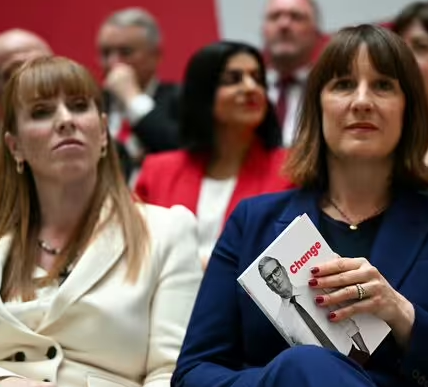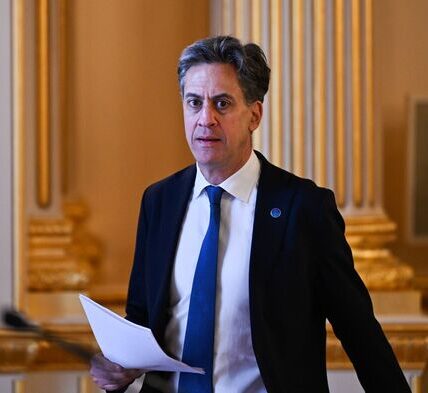If World War 3 breaks out, there are ways to legally avoid being called up to fight for the UK – but you might be shamed publicly.
People used to wave white feathers at men in the streets during World War 1 – as a mark of shaming those who refused to stand up and fight for their country.
These ‘conscientious objectors’ had refused to fight for the UK in the 1914-1918 conflict against Germany, often for moral reasons. And as a result, ‘The White Feather Campaign’ was organised by women to publicly present men not in uniform with a white feather, as a mark of cowardice.
It feels like, with global tensions heating up, that the risk of another global conflict is closer than it has been in some time – and the prospect of mandatory military conscription, especially for young men, could be a very real one.
The prospect of WW3 is not something that anyone relishes but as Vladimir Putin‘s push into Ukraine continues – and the US clashes with Iran over the Israel-Palestine conflict and its threats to take on nuclear arms, it’s fair to say the threat of a new global conflict feels a lot more real than it used to.

British people could be forced to join the army if WW3 breaks out (Image: Getty)
Just this week, ministers said the UK needs be be prepared for ‘war in our homeland‘, with a greater push to ready society for the outbreak of conflict as well as other national emergencies like pandemics, extreme weather and cyber attacks or infrastructure outages.
We don’t know exactly what conscription would look like today but we do have some historic precedent from the last global conflict, WW2.
Those who were conscientous objectors were sent to tribunals to hear their case. They had to go to court to argue their reasons for refusing to join up, and if their cases were not dismissed, they were granted a category of exemption and given a non-combat job to help the war effort.
The Parliament website explains: “Conscientious objectors had to appear before a tribunal to argue their reasons for refusing to join-up. If their cases were not dismissed, they were granted one of several categories of exemption, and were given non-combatant jobs.”
Even today, the rights of conscientious objectors have been recognised by European courts.
A report on conscription issued in March 2025 by the UK government explains how it works in other European countries as regards national service today.
It says: “Most countries obligate men to serve, offering opportunities for women to volunteer if they wish. Many also offer an alternative civilian option for conscientious objectors. Some use a lottery model, meaning that only a small proportion of eligible men are required to serve.”
It adds: “The European Parliament’s research service briefing on mandatory military service says all EU Member States with an active conscription system have recognised the rights of conscientious objectors through national law.”
For example, in Findland, males are mandated to serve by law, but non-military service can be given to conscientious objectors.
In Greece, it’s similar, with the minimum terms: “Less than 12 months military or 15 months civilian service for conscientious objectors.”
Of course, while you may be granted the chance to take up a non-combat role in the event of WW3 breaking out, it won’t stop people waving a white feather at you in the street.
As explained by the Peace Museum via the University of St Andrews: “The women of the ‘White Feather Campaign’ were militant in more ways than one: with passive aggression, they tried to shame men into signing up and fighting in the war, believing that military involvement was necessary and right.
“The symbol they used took some well-known peace imagery – the classic white dove – and twisted it to fit their public campaign. It is important to remember that, in their militarism, many of these women felt that they were ultimately working towards global peace: joining the ‘war effort’ was the best way, in their view, to bring the First World War to an end. Their views stood in stark contrast to the moral pacifism of conscientious objectors, who argued against violence as a means of solving conflict.”


